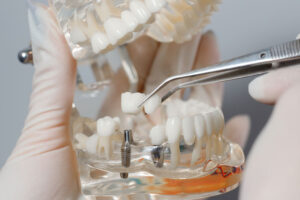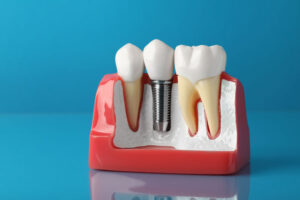TMJ Treatment, Causes & Home Remedies

Temporomandibular disorder, popularly referred to as TMJ, is a condition that affects muscles around the jaw and face. It causes pain in the jaw joints and areas around the jawline, especially when opening or closing the mouth. Some other symptoms of TMJ include headaches, pain around the neck and sometimes extending to the neck, sensitive teeth, pain when chewing, popping noise when opening the mouth, and some people have reported having a fever in the morning and evening.
Causes of TMJ
Some of the most common reasons why people develop TMJ include:
- An injury caused on the teeth or jaw area
- Misaligned jaw or teeth
- Grinding of teeth
- Poor posture while sitting or walking
- Constant chewing of gums that can displace the jaw muscles
- Stress and depression
- Issues that affect bones and muscles like arthritis
Home remedies for people who have TMJ
1. Ice packs on the jaw
The extreme cold in ice reduces inflammation and pain. It also reduces swelling. This should be done carefully while making sure the ice pack is wrapped in a piece of cloth so that it does not go directly to the skin. Ice can cause blisters on bare skin.
2. Using moist heat
The other option to consider is heat. Patients should wrap a hot water bottle around a piece of cloth then gently press on their jaws. Alternatively, the person suffering from TMJ could put a towel in water and wring it before using on the affected area. Care should be taken when using hot water to avoid scalding.
3. Soothing massages
Patients should stimulate the muscles by giving them gentle massages. They can either do it themselves or have someone gently massage their jaw area, neck, and head.
4. Changing eating habits
People who like chewing gum or eating hard foods should introduce soft foods into their diet plans. Patients should also drink more water and stay away from foods that will strain their teeth and jaws. Medics often advise that patients avoid foods that make overstretch their jaws to take a bite.
5. Exercising the jaw
There are simple exercises patients can use to eliminate the pain caused by TMJ.
6. Managing stress
The clenching of teeth and jaws is often associated with stress and anxiety. The best way to deal with this is to identify triggers and find healthy ways of dealing with the stress. People with TMJ can try relaxation techniques, listening to music or exercise as a distraction to avoid putting the stress on their teeth and jaws.
7. Supporting chin when yawning or taking huge bites
Sometimes the snap on the jaw happens when muscles are overstretched. To avoid this, people should always support their chin when yawning. This should be done by everyone, regardless of whether they have TMJ or not.
8. Use of over the counter anti-inflammatory medication
Non-steroid anti-inflammatory drugs such as ibuprofen can reduce the pain associated with TMJ. The medication should, however, be taken as advised by a dentist or doctor.
Home remedies offer relief and are a cheaper way of managing TMJ. However, if symptoms persist, you should book an appointment with your dentist. Always talk to professionals when your condition seems to be getting worse.



